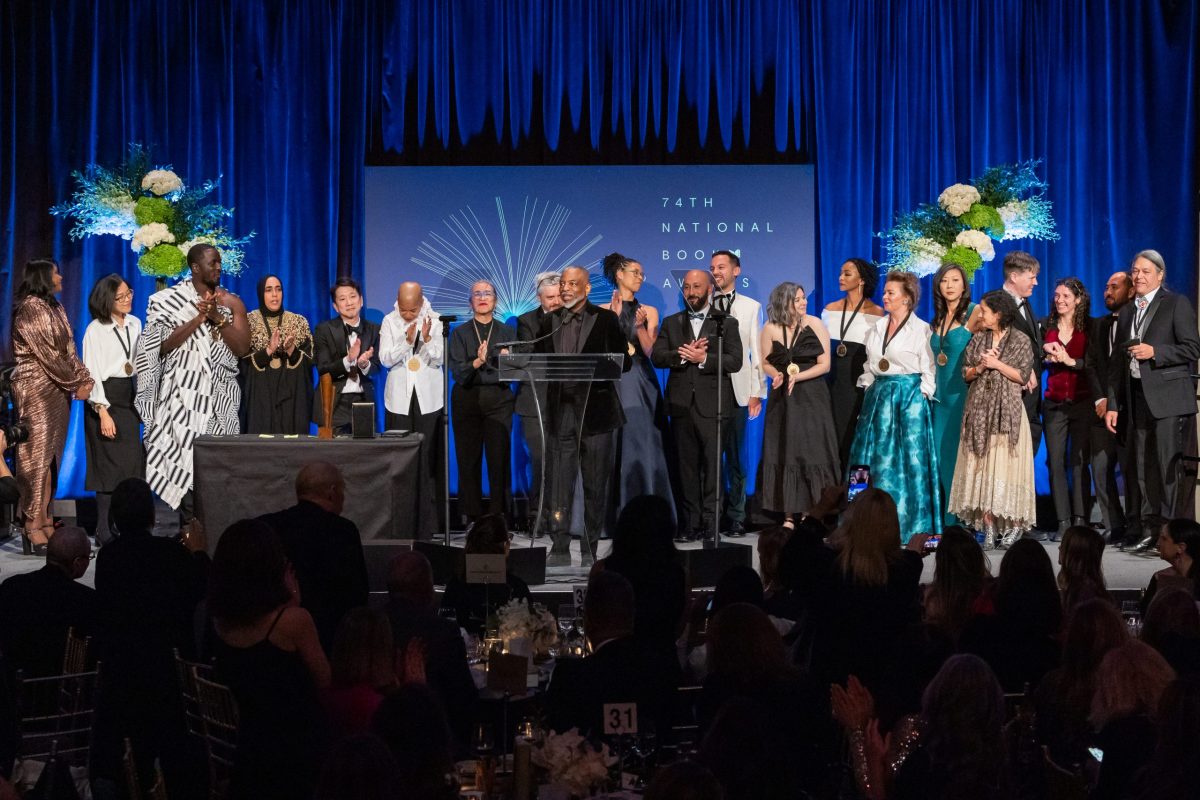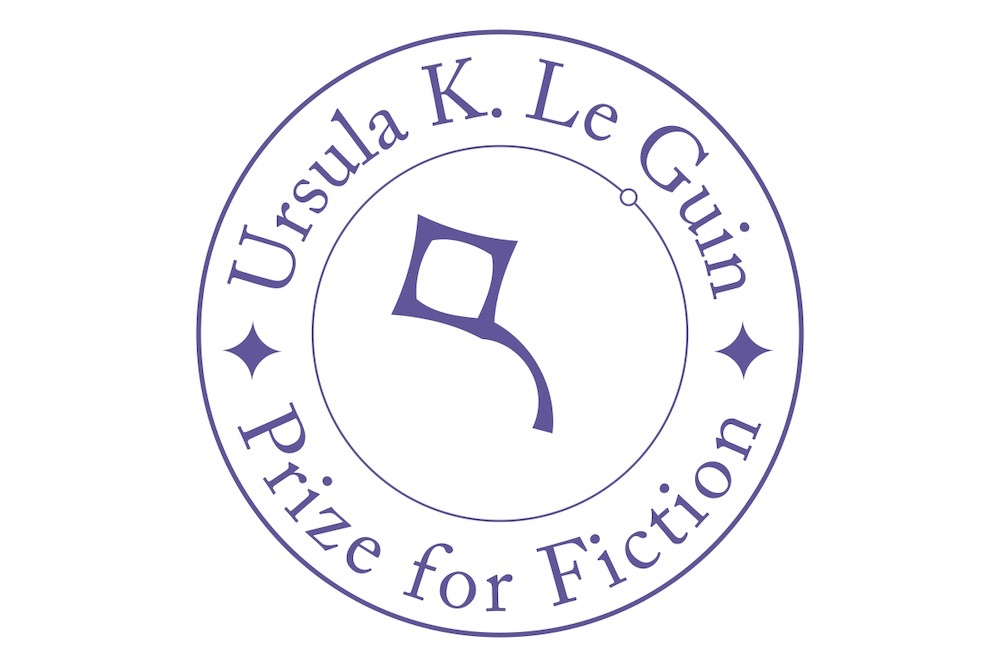interviews
Catching Up With The Eagles Prize Finalists: Anya Ulinich, Author Of Lena Finkle’s Magic Barrel

This fall marks the inaugural award of the Brooklyn Public Library’s Eagles Prize, recognizing “the best books of the past year and the authors who most embody Brooklyn’s ideals.” Nominations were made by the borough’s bookstores, librarians, and library supporters. The Library announced a shortlist of six authors–three for fiction, three for non-fiction–over the summer. The winners, chosen by a panel of local authors, will be announced later this month. In the lead-up to the announcement, we decided to ask the finalists a few questions.
Next up: Anya Ulinich, Brooklyn resident and author of the graphic novel, Lena Finkle’s Magic Barrel (Penguin Books, 2014).
Kavanagh: As a writer, what’s your relationship to Brooklyn and its literary history?
Ulinich: I came to Brooklyn in 2000, straight out of art school, to be a painter. But rents were so high and my apartment was so small and there was no way I could afford both childcare and a studio space, or either of these, really. So I gave up making big messy oil paintings and switched to writing, as a more compact activity that could be done at a coffee shop in the evenings. I had never written fiction before then. While I was working on my first novel by night and taking care of my two small children by day, I met fellow writers among the parents at my daughters’ schools. They encouraged me and were incredibly generous to me. So, Brooklyn made me into a writer. It had more to do with the place itself and the friends I met here than with its literary history.
Kavanagh: What do you want to see more of in the literature of Brooklyn?
Ulinich: I can’t answer this. I don’t have a comprehensive enough picture of Brooklyn’s literature. I just wish it weren’t so expensive to live here. Because people who want to make art of any sort, none of which pays much, will eventually go elsewhere if they can’t afford to stay.
Kavanagh: Your graphic novel is set in Brooklyn, and your protagonist is an immigrant, an experience that has been well-documented in Brooklyn literature. What sets your story apart from that long history?
Ulinich: Every work of literature tells a different story. Stories about immigrants are often about straddling two (or more) worlds, and trying to reconcile them within a single identity. But that’s a universal narrative too, not just an immigrant narrative. Lena Finkle’s Magic Barrel, as well as my first novel (Petropolis, 2007) both have protagonists who are Russian immigrants. But Petropolis told an immigration story, a kind of a road story: that of the character’s journey from Siberia and across the U.S.Lena Finkle’s Magic Barrel is mostly a book about heartbreak, a story of a midlife crisis that is also a belated coming-of-age. The plot is about dating in the aftermath of a long marriage. Lena Finkle had come to the U.S. as a child, and her immigration story is told in flashback. This history helps explain grown-up Lena’s psychology, but the book itself is not a story of coming to America–it describes a different struggle, the struggle of opening up and growing up emotionally. The protagonist is an American writer, and her social and cultural milieu is the Brooklyn of artists and professionals (essentially, gentrifiers), not the immigrant Brooklyn.
Kavanagh: In the front matter of Lena Finkle’s Magic Barrel you write, “With apologies to Bernard Malamud.” Could you explain his influence on this book?
Ulinich: Lena Finkle’s Magic Barrel is an homage to Malamud’s famous short story “The Magic Barrel.” In Malamud’s story a young student, Leo Finkle (Lena Finkle is named after him) goes on a blind date that leads him to an existential crisis. In my book, Lena is reading “the Magic Barrel,” interpreting it, and relating to it, or at least relating to her own interpretation of it. She finds striking commonalities between herself and Leo–their stories have some circumstantial similarities, but also she relates to Leo’s emotional stuntedness and his search for the meaning of life. So I used Malamud’s story throughout. At one point in the book, I summarize it as a one-page cartoon. But the greatest thing about Malamud’s writing is of course that it can be interpreted in so many different ways. And the way Lena reads “The Magic Barrel” in LFMB is only one of the ways it can be read. And I’m not a literature scholar. And my primary loyalty as a writer was to my characters, to Lena and her story, her crisis and heartbreak. Therefore, apologies to Malamud. I wish I could have included “The Magic Barrel” in its entirety in my book, so my readers could read both at the same time. After LFMB came out, Malamud’s daughter, Janna Malamud Smith, wrote this to me: ‘My father’s been dead many years now, so I’m not certain what he would have felt about your references to his story. But my guess is that he would have enjoyed the attention, as well as appreciated your reflections on your protagonist’s search for sex, love and that elusive American concept, “identity.”’ I was very happy with this. When I was writing LFMB, by the way, I had no idea Malamud grew up in Brooklyn, very close to where I live.









